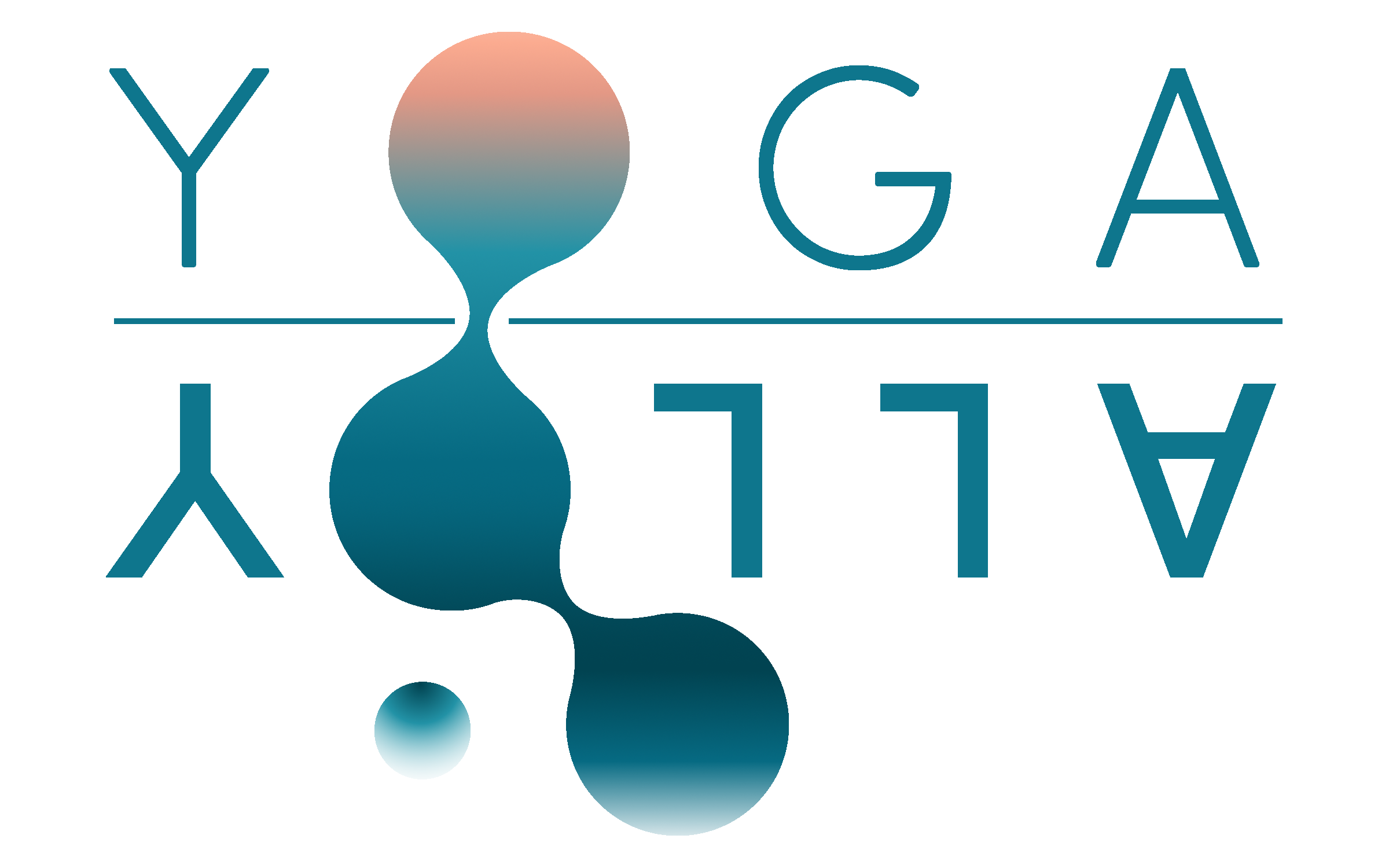5 ways to embody contentment during your Yoga practice
Practicing Santosha
Feeling content with who you are and how your life is going, is a deep, strong desire. Ironically, oftentimes we are afraid of feeling content.
We think that, if we are content then we may stop growing.
That, simply, is not true.

Yoga is all about self-realization. Discovering one’s full potential and living it. Yoga teaches us to be able to direct our full power into meaningful nurturing aspects of life. On the way to self-realization, Patanjali introduces an 8 limbed path. The wisdom in Patanjali’s Yoga Sutras is thousands of years old but the 8 limbed path is still one of the best guides for self-growth.
The second limb of the 8 limbed path is called Niyamas. Niyamas are personal observances. They are mostly internal practices. The work on the Niyama practice cultivates inner clarity, self-discipline, mental strength. There are 5 Niyamas. The second Niyama is Santosha. Santosha means contentment. However, most of us are more acquainted with feeling discontent then content.
Have you ever said to yourself something like this:
I will feel content when I have that job title.
I will be happy when I buy that car/house/dress.
I will feel safe when I have that much money.
I will be happy when that person is in my life.
I will begin to enjoy life after I achieve this.
I will begin doing the things I like after I retire.
I will feel worthy of love when I have that body shape.
These thought patterns do not make you focus on your life goals. They just make you fixate on how you imagine your life should be rather than actually taking life in.
We keep postponing happiness and enjoyment. Sometimes we reach the goals we have set for a better life. But by the time we get there, we have already created new goals before we allow ourselves to feel content.
To embody the best version of ourselves we need to be content with what we have, where we are, and what we don’t have. Our yoga practice is an amazing setting to work on our self-harming thought patterns and change them for the better.
Let us talk about how we can practice contentment during our yoga asana practice.
Avoid comparing yourself with other yogins
It is quite common to look around and compare oneself with others during a studio class. We do that especially when we find a pose quite challenging or fall out of balance. The contentment is about being okay with where you are. Not wishing that you had someone else’s physical abilities or looks. Again this has nothing to do with not wanting to improve but all about being able to be content with yourself at that moment.
Be compassionate to yourself
Compassion is actually advised in the first limb of the yoga sutras. Compassion -Ahimsa- is the first Yama. All the Yamas and Niyamas are related to each other. Mastering a Yama makes it easier to master another Yama or Niyama. All these guidelines are against a restless mind.
Sometimes we focus on where we want to be rather than where we are. At those times we forget how amazing how miraculous we are. We forget to love ourselves. The 2nd Niyama (contentment) is not about just being okay with the situation because it is what it is. It is about owning and embracing where you are, what your body is providing to you. It is about continuously celebrating how sacred life is. In terms of your asana practice, it is about being able to feel gratitude as long as you are breathing because that is magical.
Every day will be different
There are days where you will feel very strong and flexible and days where you will feel not so strong and stiff. There will be days that you will find yourself being able to breathe really slowly and calmly, and other days where a few counts of breath will feel too much.
This just shows how sensitive we are as humans. The things we eat, our sleeping routine, people we spoke to, the quality of air we breathe, the exercises we do will affect us. Change the way we move, speak, think, breathe. If we ignore these changes we will never be able to decide how deep our interactions will affect us.
Your yoga asana practice is a unique opportunity to observe how you were affected by the events of the day. So listen to those differences. Don’t just hop onto your practice expecting that your yoga practice will be similar to the day before. Come to your practice with curiosity. Accept all your discoveries with contentment. If you keep telling yourself that you wished you were better all the time, you will begin hiding even from yourself. Just tell yourself that you will get better, without any judgments.
Be present
Being present is also another big theme in Yoga. Although we don’t have a Niyama that says be present, the invitation to being present is all around the Yoga Sutras.

Even showing up for a yoga class can be a sign of great power but staying there is as important. As things get challenging, muscles start shaking or the practice moves into more meditative stages, the mind drifts away. It is simply running away from the challenge.
Have you ever found yourself, planning what to do next after the class or what you could have done instead, or wishing you did not show up that day? Almost everyone does at one point. You have an amazing tool to come back to your yoga practice though. Your breath can call your mind back to the present moment.
Once you begin your practice be content with whatever comes up. You have already invested your time and energy into it. And those are the most precious investments we can make. So make it count. Take the most out of your practice. Inhale every moment of your yoga practice.
Enjoy it all
Think of your yoga practice as a small simulation of life. Where you get to breathe, be challenged, be loved, enjoy occasional well deserved rest, sometimes be stable, sometimes move dynamically. Everyone has a favorite part of the practice. I guess one of the most popular favorite is Savasana. But Savasana would not have been this delicious if it did not come at the end of the practice.
Welcome each challenge as they make you stronger for the next one, and as they make the best parts even better. Enjoy the yoga practice completely. Love yourself when you catch yourself trying to run away from sensations, adore yourself when you fall out of balance and come back to the pose. You are beautifully human striving to become better.
You may not be able to practice contentment as soon as you realize you want to be more content with the things. Begin by practicing Santosha -contentment- during your practice. In that limited time, in your safe space. Even if you don’t put any effort into being content during your daily life you will begin to observe your relationship with life-changing. Trust your yoga practice to help you change your life.
Thank you for reading. Letus know if you have any questions or comments.
We have trainings and courses. If you want to explore more about the yoga sutras and how you can reflect the light of your yoga practice to your life, we have amazing teacher training courses going on. You may find the details on our website.
Namaste,
Zeynep
Lead Trainer @ Yoga Alloy

